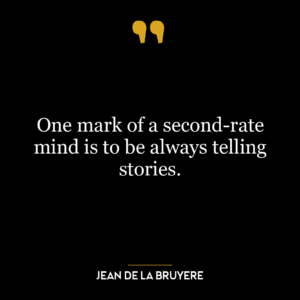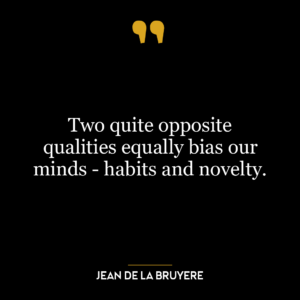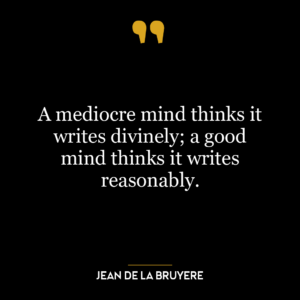This quote speaks to the paradox of potential and action. It suggests that the belief in our own capability, the assurance that we could achieve something if we put our minds to it, often leads us to complacency. In other words, the knowledge of our own potential can ironically make us idle. We don’t feel the need to act or prove our capabilities because we’re already convinced about them. The “could” becomes a comfort zone, a safety net that keeps us from venturing into the “do”.
This quote also highlights a common human tendency to procrastinate or delay action. The belief that we could do something if we wanted to, often results in us postponing that action, leading to idle minds. We tend to put off tasks or goals, thinking we can achieve them whenever we want to because we are confident in our abilities. However, this can lead to stagnation and lack of progress.
In today’s fast-paced world, this quote is even more relevant. With the rise of technology and easy access to information, we often feel like we could learn or do anything if we wanted to. However, this often leads to inaction, as we get overwhelmed by the plethora of possibilities or become complacent due to our perceived potential.
In terms of personal development, this quote can serve as a reminder to not just rely on our potential but to take action. It’s not enough to know that we could do something; we must also make the effort to actually do it. This could mean setting specific goals, creating a plan of action, and following through with it. Otherwise, we risk becoming idle minds, full of potential but lacking in achievement.










